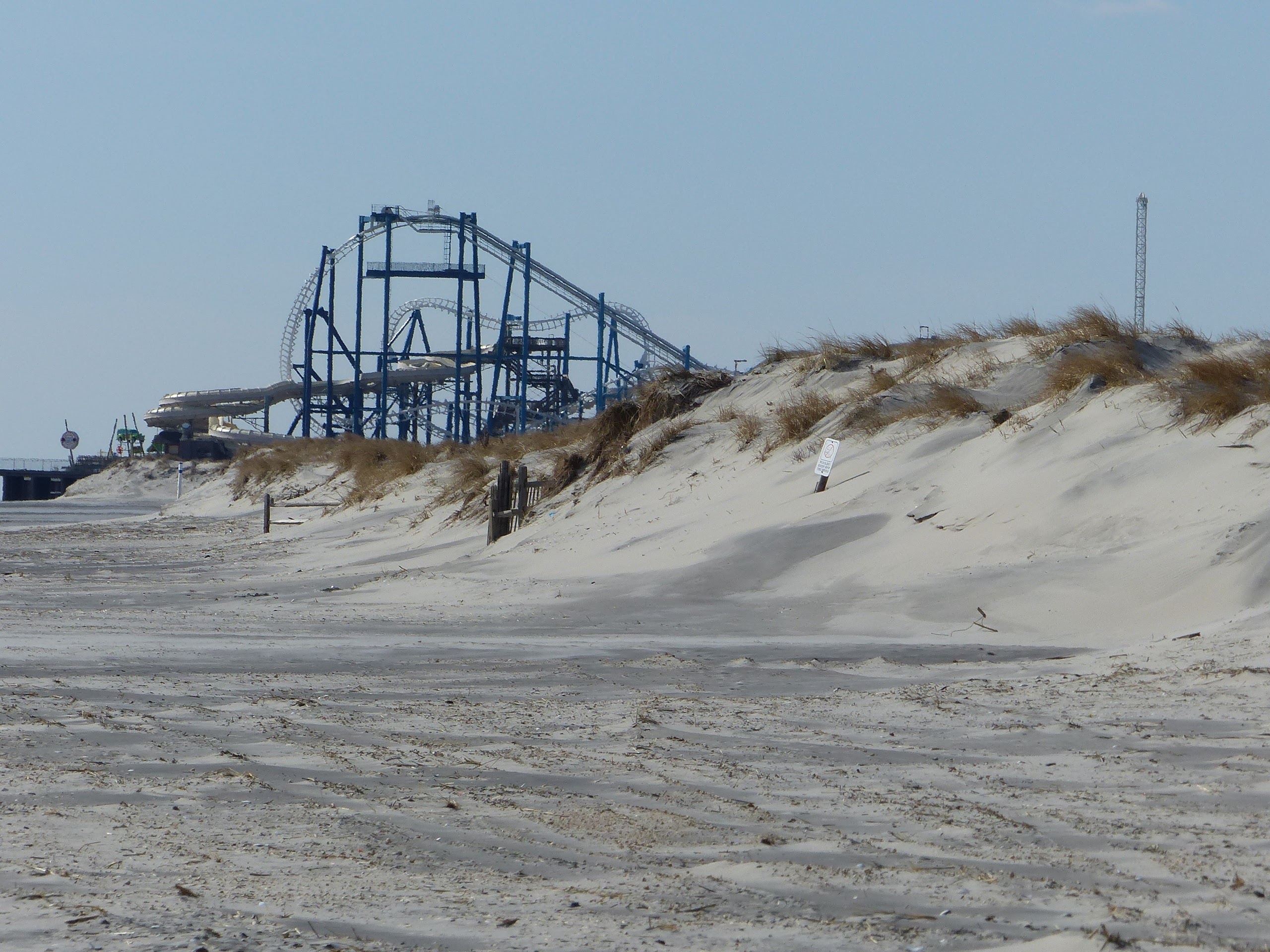Janus was a Roman god pictured as having two faces, looking in opposite directions. He was the god of doorways, his name and purpose fitting for the month in which we close the door of the previous year to enter a new one, but we don’t close that door without reflecting on what we’re closing it on. These reflections show up in the many “most influential of the year” articles we see, from songs to people to dances to words.
As an English instructor, I take special note of the words. Reading some word-of-the-year choices from 2021, I came across a phrase from the 2020 lists that I had missed last year: “Doom scrolling.” According to Merriam-Webster, to “doom scroll” is to regularly consume bad news, typically on social media, using a phone. The behavior is intentional, continued, and suggests compulsion. We can’t stop.
Doom scrolling, it seems, is like prodding a sore tooth with your tongue or watching the gruesome scene of a horror movie behind your hands (fingers spread to see, of course). In this sense, the word points to a seeming oddity of human behavior: We often act against our best interests.
Knowledge should equal better decision-making, but it doesn’t always work out that way. Knowing doesn’t necessarily translate into doing. Any gym owner can attest to the increase in memberships Jan. 2 and the waning to pre-resolution days soon after. We know we really should order the broiled salmon and kale, but we find ourselves ordering the fettuccine Alfredo instead.
Health Affairs journal confirmed this peculiarity of human nature when it published research showing that the mandatory calorie counts on restaurant menus in NYC had little long-term effect on patrons’ calorie consumption.
This brings us back to the illogic of “doom scrolling.” The Pew Research Center reports that an astonishing 86% of us get our news from social media sites, places where the more sensational the bad news, the more likes and shares it garners.
Pew also reported that for most of us, reading about stressful events in others’ lives causes us stress. Pew refers to this as “the cost of caring.” Deep down, we’ve felt this cost as we scroll through our Twitter feed, shake our heads at the latest outrage, and continue scrolling. We consume bad news like junk food, knowing it’s unhealthy but somehow unable to control our urge to keep devouring it. We doom scroll.
All this points to an unsettling truth: We don’t always act in our best interests despite knowing what they are. This calls into question the primacy of knowledge (a possibly heretical notion in our information age). Instead, maybe we need to look more closely into another word: Wisdom.
Renowned Christian minister Charles Spurgeon defined wisdom as understanding “how to use knowledge” (my emphasis). According to that definition, knowledge is barren without wisdom.
Some lines from T.S. Eliot’s little-known play “The Rock” imply this distinction between knowledge and wisdom:
The endless cycle of idea and action,
Endless invention, endless experiment,
Brings knowledge of motion, but not of stillness;
Knowledge of speech, but not of silence;
Knowledge of words, and ignorance of the Word.
All our knowledge brings us nearer to our ignorance,
. . .
Where is the Life we have lost in living?
Where is the wisdom we have lost in knowledge?
Where is the knowledge we have lost in information?
Where indeed? An old “Star Trek” episode presented the knowledge-wisdom distinction when the crew landed on a planet and was entertained by a human-looking alien who had set a table with an array of delicacies, but as the crew ate, they realized the food had no taste. The alien had studied what food was, but had never actually tasted food, so his attempt to recreate it failed. This is knowledge without wisdom.
This year, maybe we can break the cycle of destructive behaviors if we don’t create just knowledge-based resolutions but instead focus on one resolution: Cultivating wisdom.
ED. NOTE: The author is an assistant professor of English at Atlantic Cape Community College’s Court House campus.








